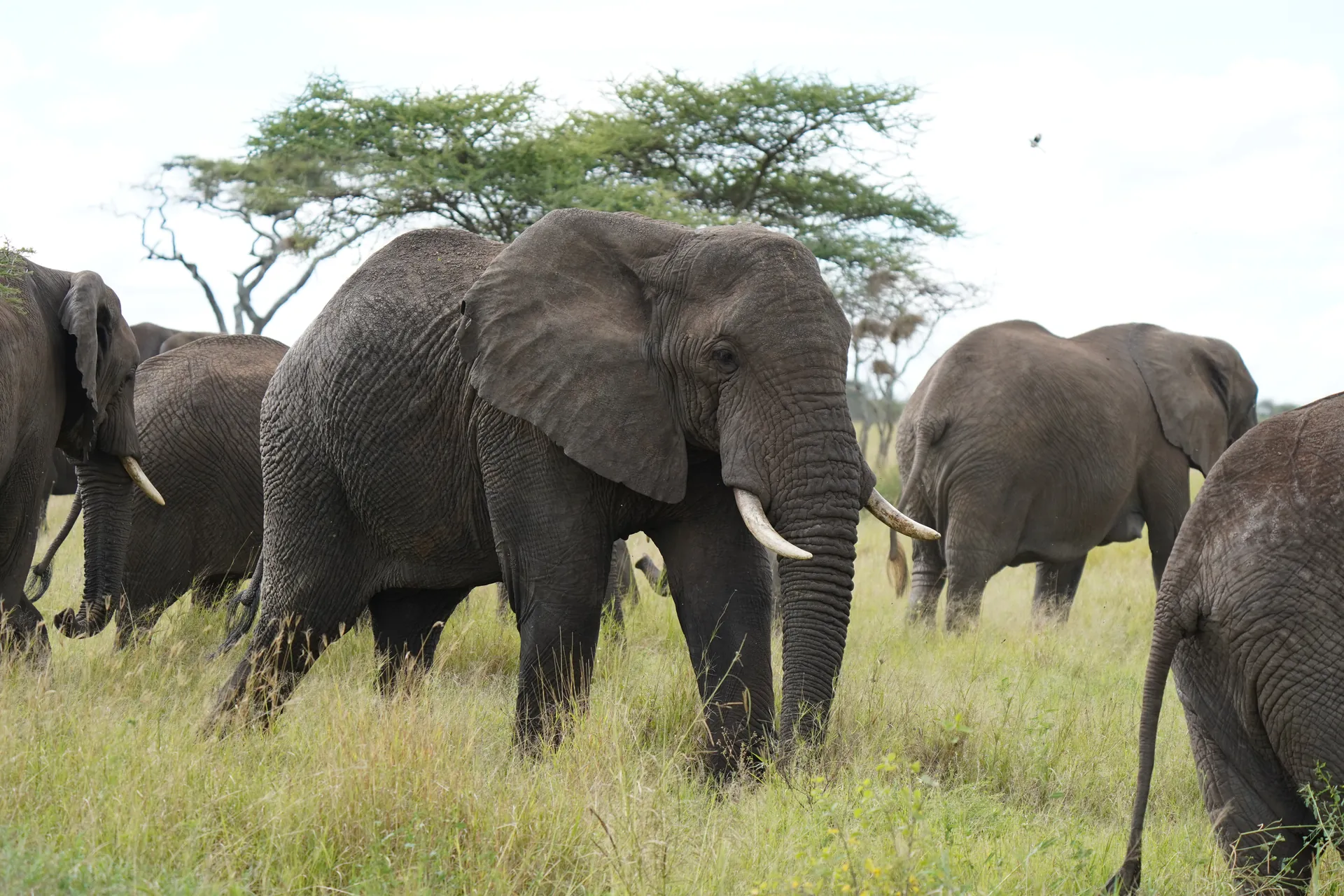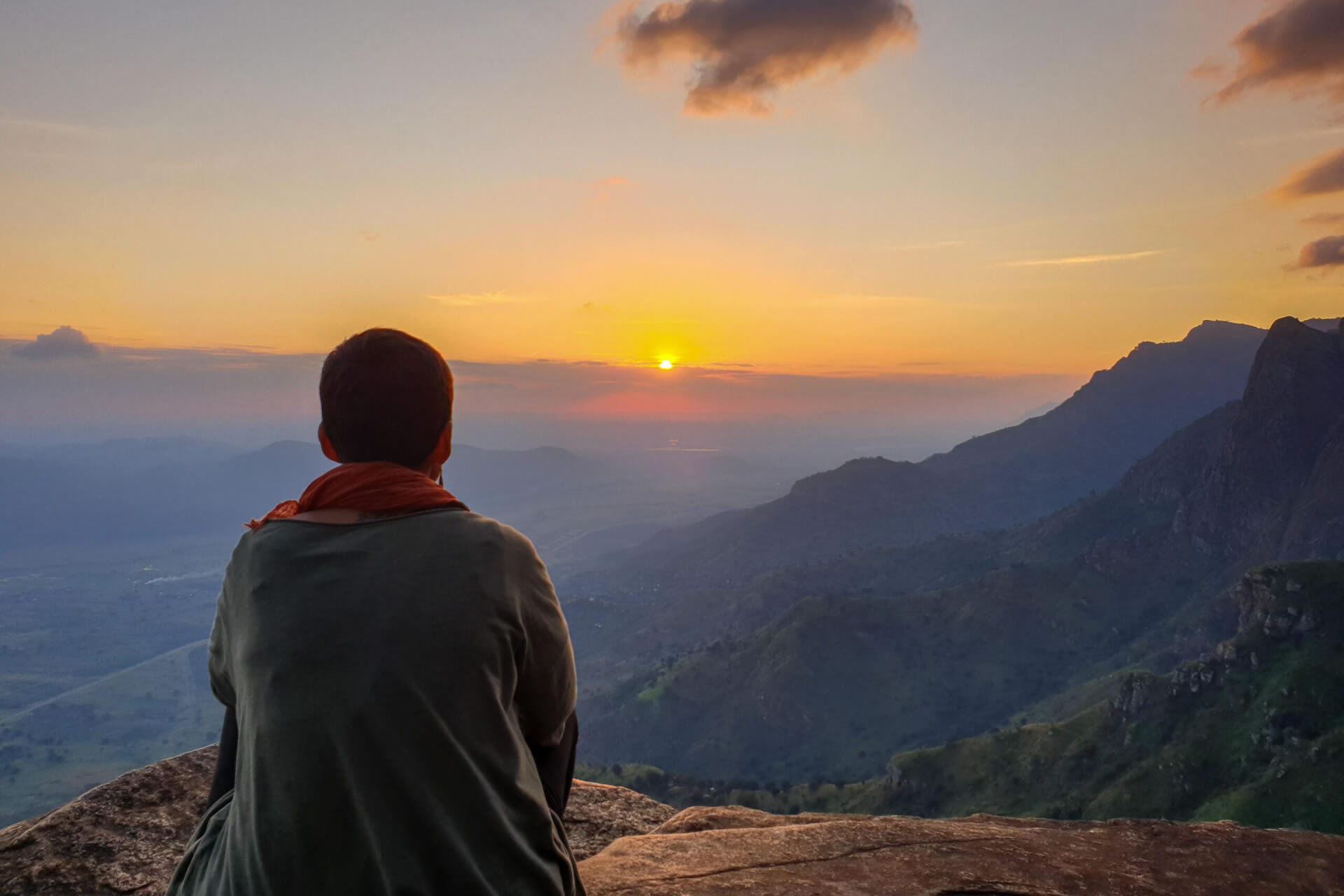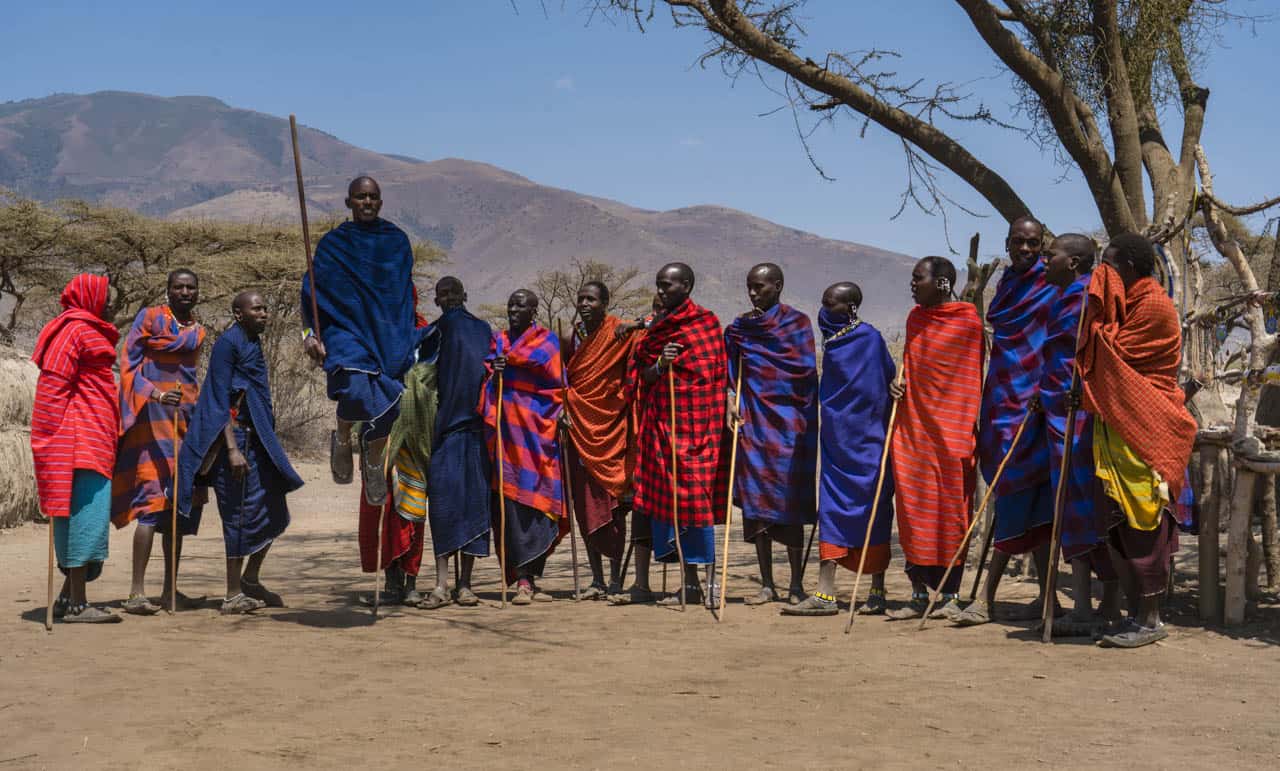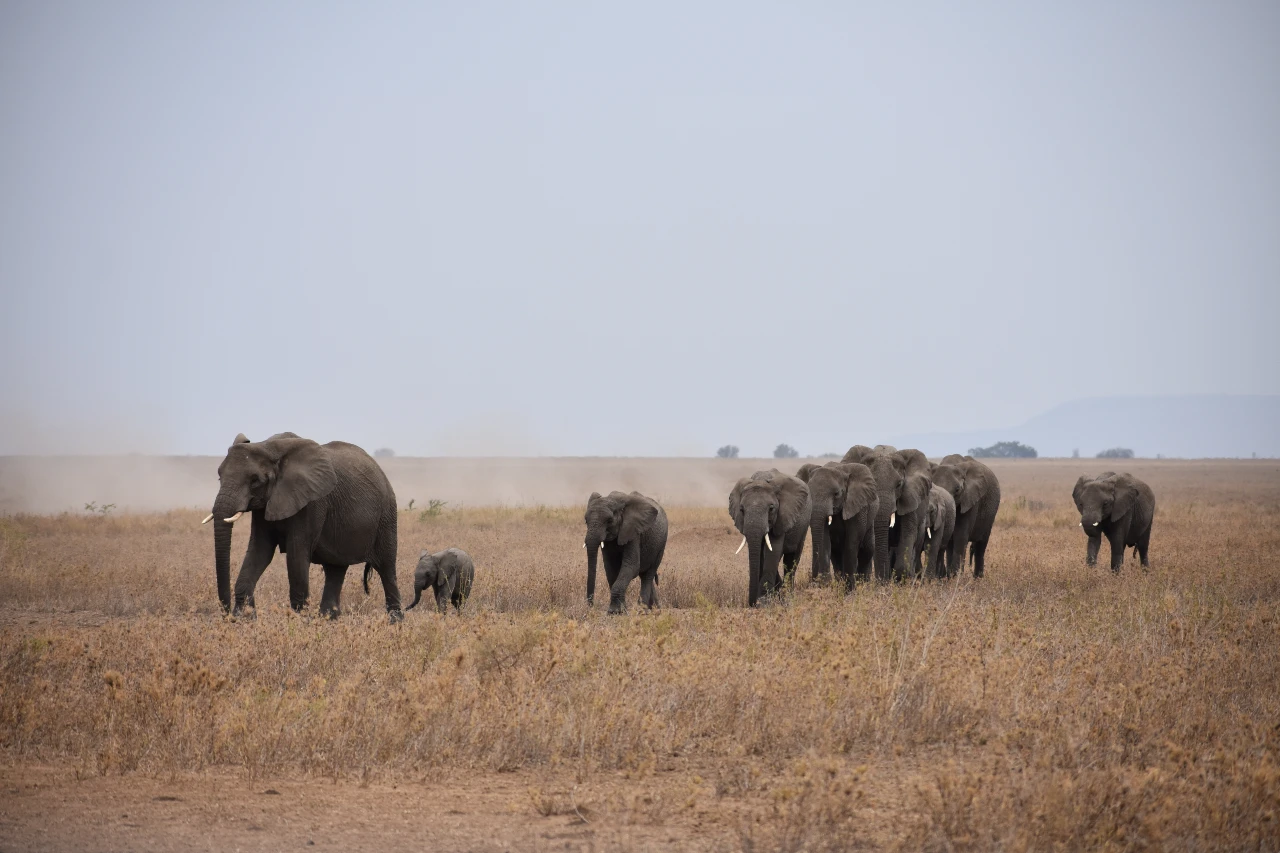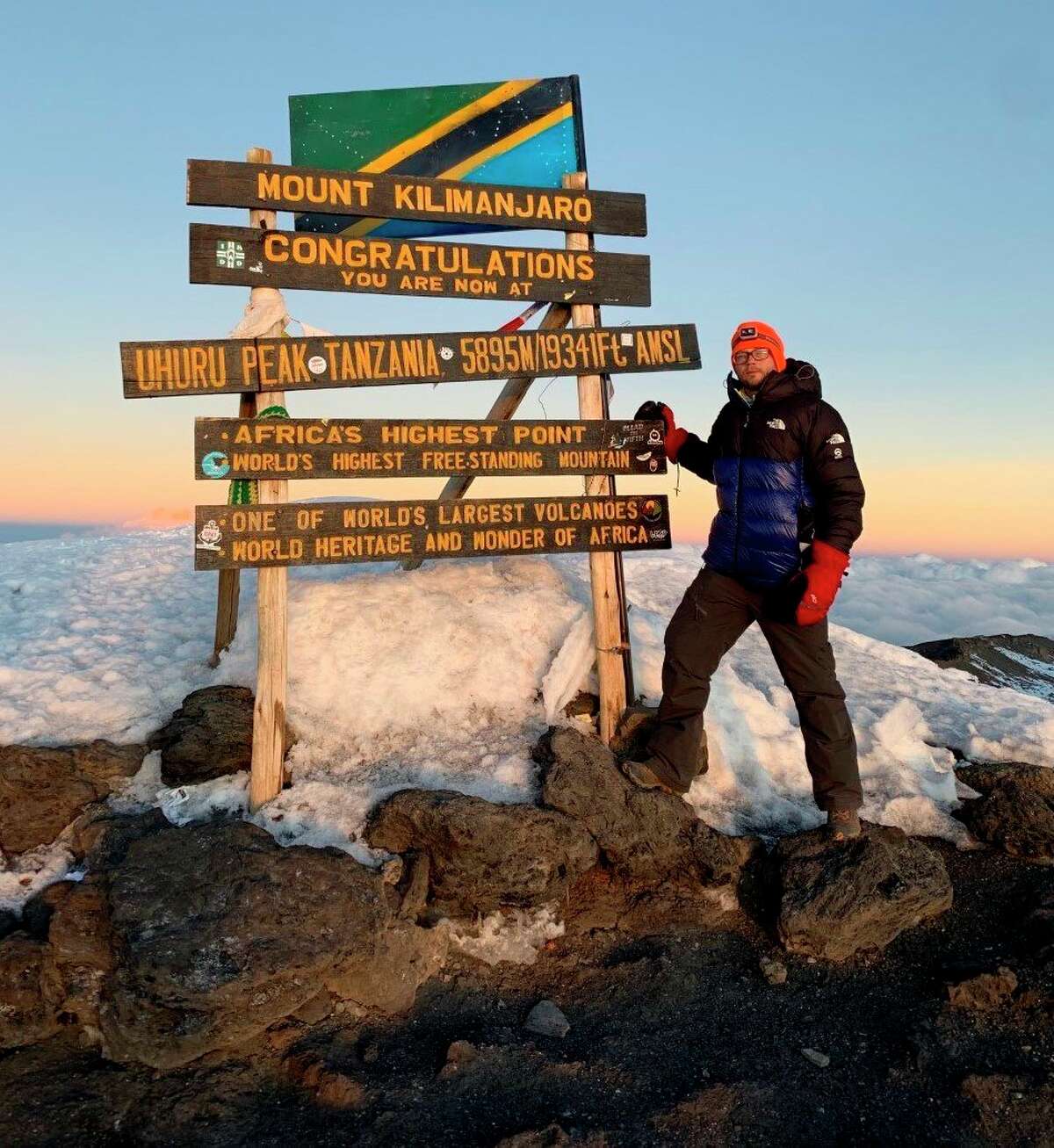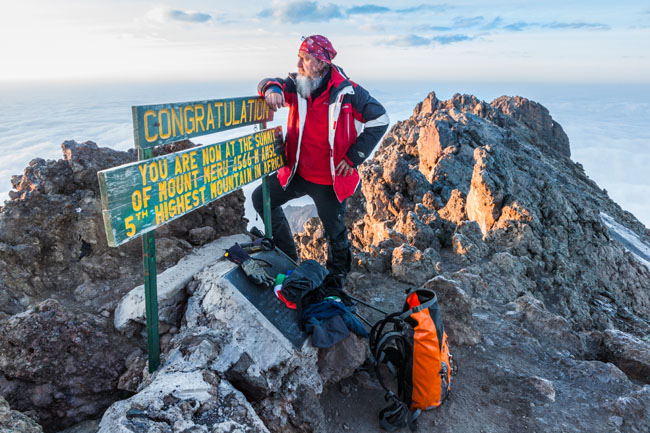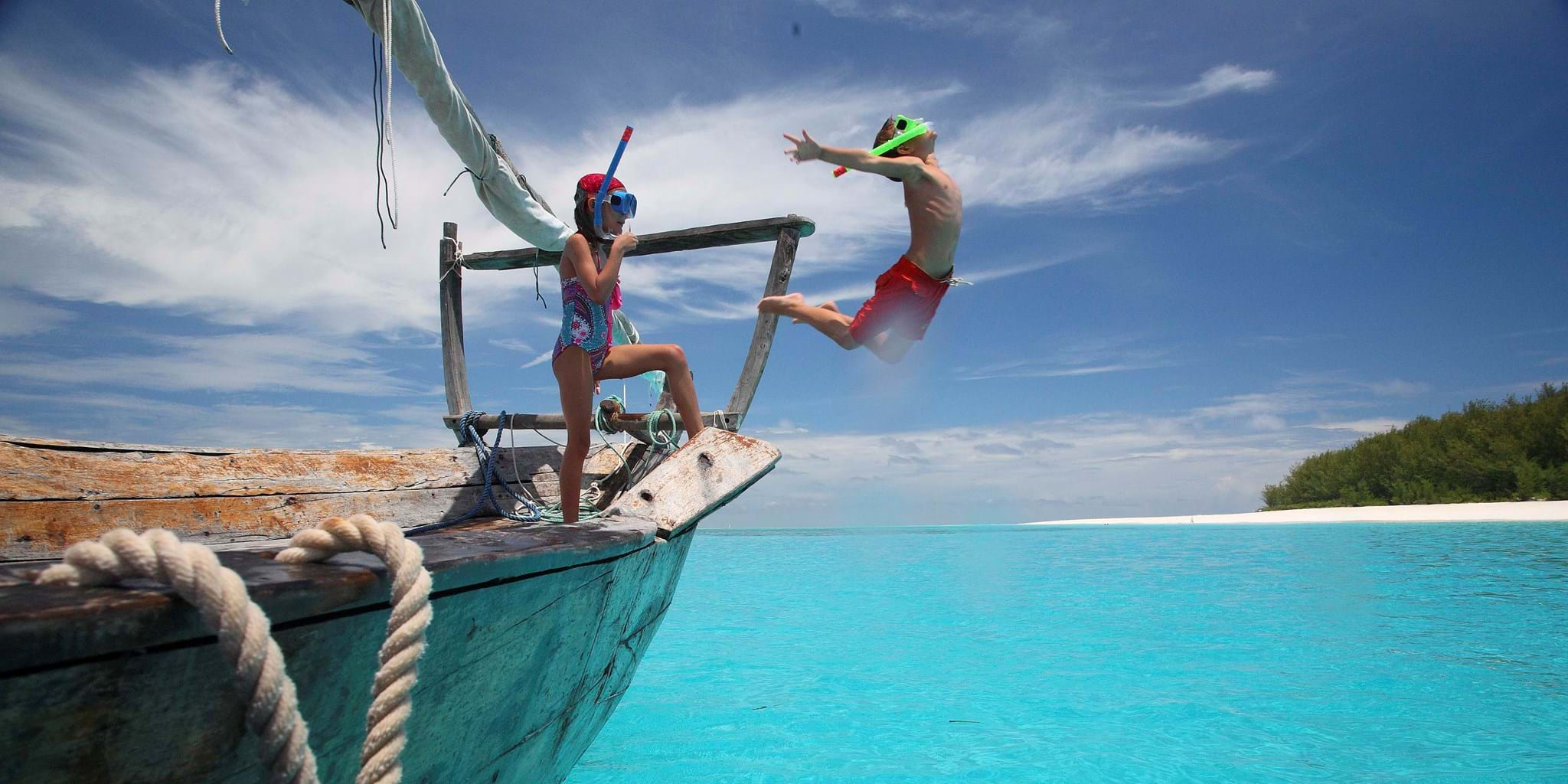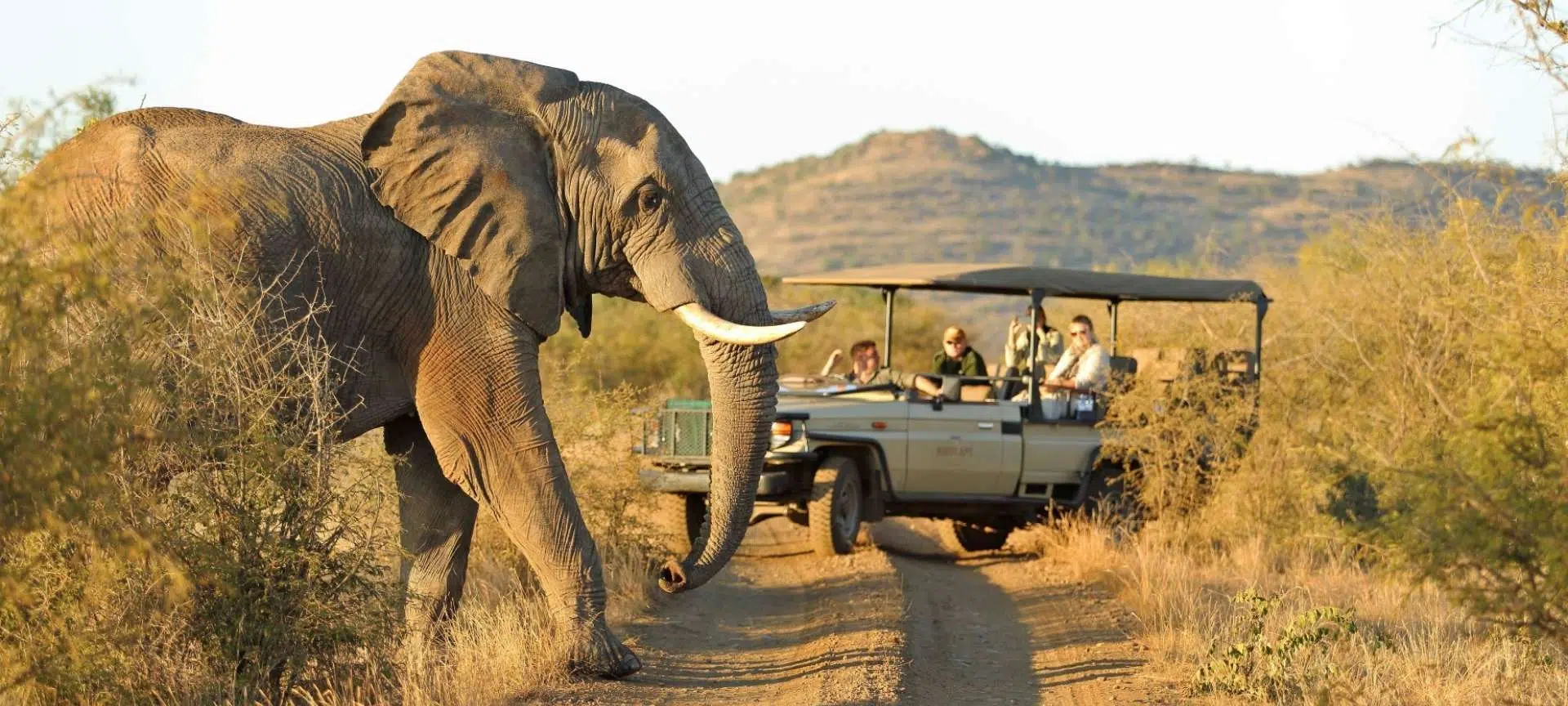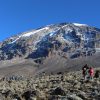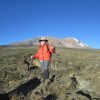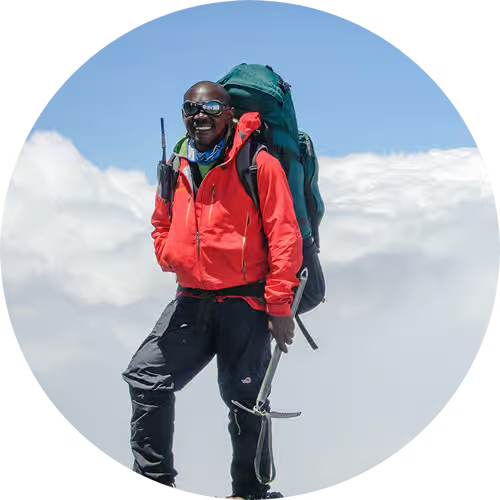Climbing Mount Kilimanjaro is a challenging and exhilarating adventure, but the high-altitude environment presents unique health considerations. Ensuring that you are physically fit and well-prepared is crucial for a successful and safe ascent. This article explores the essential medical checks that climbers should undergo before embarking on the awe-inspiring journey up Africa’s tallest peak.
Pre-Expedition Health Assessment: Before setting foot on Mount Kilimanjaro, climbers should undergo a thorough pre-expedition health assessment conducted by a qualified healthcare professional. This assessment should include an evaluation of overall fitness, cardiovascular health, and any pre-existing medical conditions that might affect the ability to acclimatize to higher altitudes.
Cardiovascular Fitness Evaluation: Climbing Kilimanjaro demands cardiovascular endurance. A stress test or graded exercise test can help assess the heart’s ability to handle the increased physical stress of high-altitude trekking. Individuals with cardiovascular issues should consult with their healthcare providers to determine if the climb is medically advisable.
Altitude Sickness Assessment: Altitude sickness is a significant concern when ascending to high elevations. Climbers should discuss their travel plans with healthcare professionals who can provide guidance on altitude sickness prevention and recommend medications like acetazolamide if necessary.
Immunizations and Travel Vaccinations: As Kilimanjaro is located in Tanzania, climbers should ensure they are up-to-date on routine vaccinations and consider additional vaccinations based on travel plans. Diseases like yellow fever, typhoid, and hepatitis A and B may pose risks, and preventive measures should be taken.
Physical Examination and Medical History: A comprehensive physical examination, including an assessment of vital signs, lung function, and blood pressure, is crucial. Providing an accurate medical history to healthcare professionals will aid in identifying potential risks and developing appropriate health strategies for the climb.
Fitness Training Guidance: Once cleared for the climb, climbers should receive guidance on specific fitness training regimens to prepare their bodies for the physical demands of the ascent. This may include cardiovascular workouts, strength training, and hiking at lower altitudes to enhance overall endurance.
Dental Health Check: While often overlooked, dental health is vital during high-altitude treks. A dental check-up can identify potential issues that may become exacerbated at higher altitudes. Dental problems can be especially challenging during the climb, so addressing them beforehand is crucial.
Prescription Medication Review: Climbers taking prescription medications should review their medications with healthcare professionals. This includes confirming the stability of any conditions requiring medication at higher altitudes and discussing potential interactions with altitude sickness medications.
Conclusion: Embarking on the adventure of climbing Mount Kilimanjaro requires more than just physical stamina; it demands careful attention to one’s health. By undergoing essential medical checks and seeking professional guidance, climbers can enhance their preparedness, mitigate potential risks, and increase their chances of a safe and successful ascent. Remember, the key to conquering Kilimanjaro lies not only in reaching the summit but also in safeguarding your well-being throughout the awe-inspiring journey.



